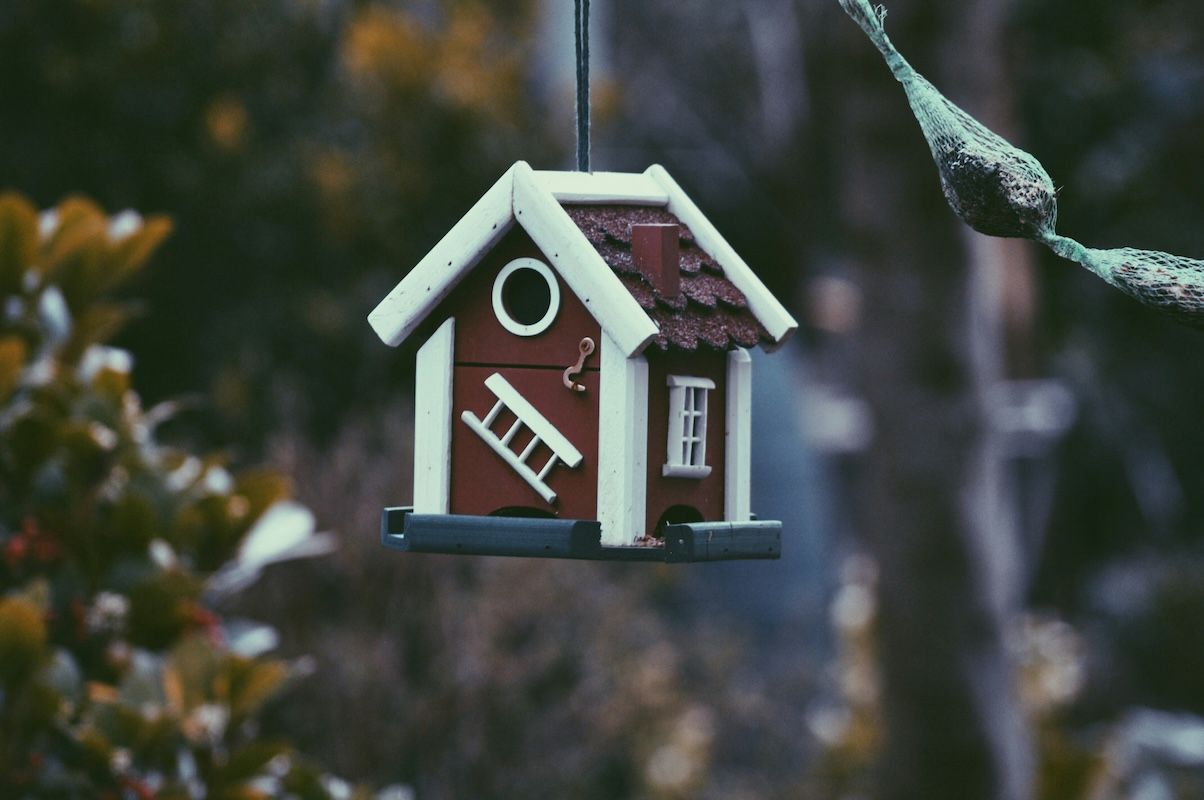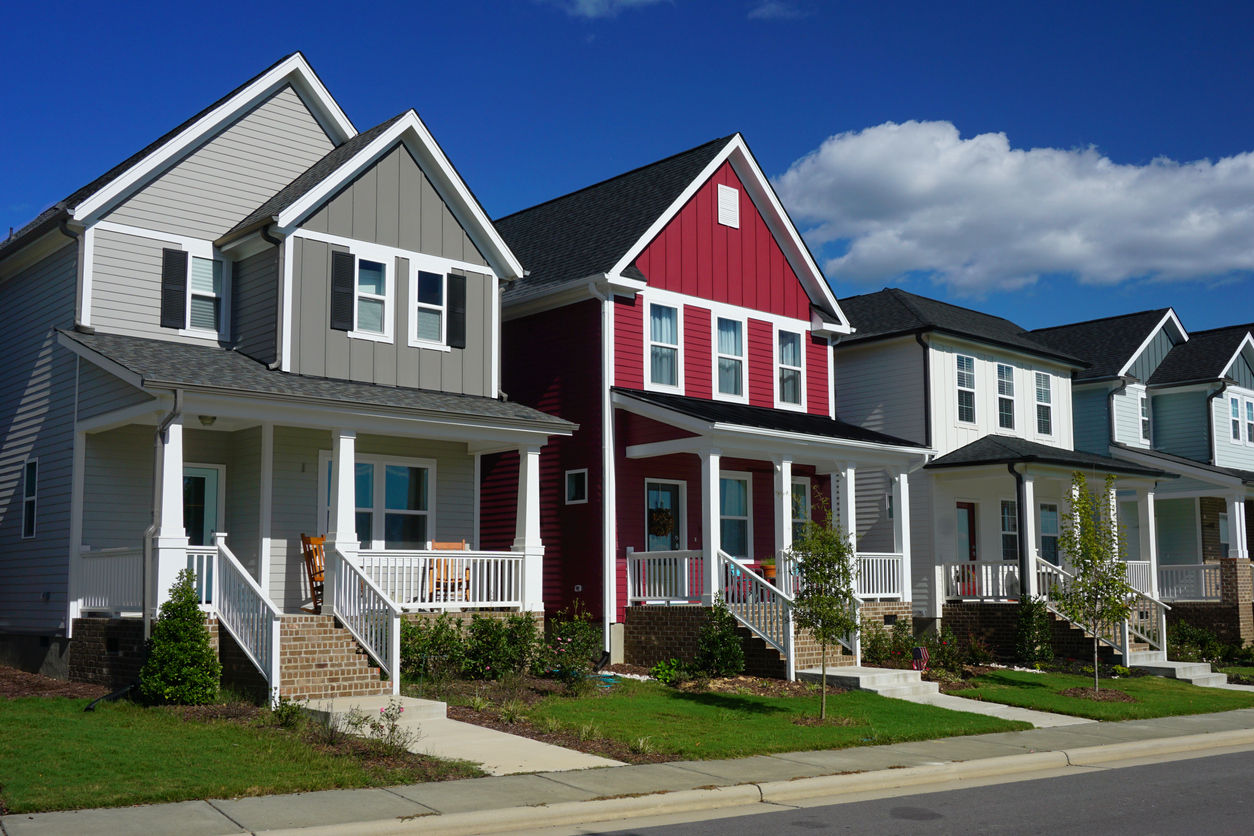How to Deal With Bad Neighbors When Selling a Home
Click here to browse our Real Estate Agent Directory and contact top-rated agents in your area!

Whether you’re actually butting heads with your neighbor or just passively annoyed with some aspect of what’s happening next door to you, it can make life difficult. When it’s time to sell your home, you may be concerned that your house won’t sell because of a bad neighbor. The process can become challenging and frustrating, especially when the obstacle hindering the sale is beyond your control, such as bad neighbors. Living next to difficult neighbors can significantly impact the marketability of your property, deterring potential buyers and making the selling process a daunting task. However, there are steps you can take to deal with a bad neighbor when selling your home. Read on to see how to minimize conflict and maximize the potential of your home.
Understanding the Impact of Bad Neighbors
Bad neighbors come in various forms, including noisy or disruptive individuals, unruly pets, hoarders, or those who neglect their property’s maintenance. These situations can adversely affect your property’s desirability, even if your home is in great condition.
Some common problems caused by bad neighbors include:
Decreased Property Value
A poorly maintained neighboring property or disruptive neighbors can lead to lower property values in the surrounding area. Potential buyers may associate your property with its undesirable surroundings, leading them to negotiate lower prices or avoid the purchase altogether.
Limited Buyer Interest
Prospective buyers often consider the neighborhood and neighbors when evaluating a property. Unpleasant neighbors can discourage potential buyers from even considering your home, narrowing the pool of interested parties and prolonging the selling process.
Slower Sale Process
With limited interest, your property might spend more time on the market. The longer it stays unsold, the more it can create the perception of an issue with your home, further deterring buyers.
Legal Concerns
In extreme cases, bad neighbors can engage in activities that might be illegal or violate local ordinances. These issues could involve noisy parties, property boundary disputes, or illegal structures, leading to legal complications that can impede your home sale.

Identify the Specific Issues
Before taking any action, it’s essential to identify the specific issues caused by your bad neighbors. Take note of the problems that are directly affecting your ability to sell your home. Are they related to noise disturbances, property maintenance, or other concerns? Once you pinpoint the problems, you can develop a more targeted strategy to address them effectively.
Approach Your Neighbors Diplomatically
In some cases, addressing the issue head-on with your neighbors can yield positive results. Diplomacy and tact can go a long way in resolving problems. Here are some tips for approaching your neighbors about the issues:
Choose the Right Time and Place
Avoid confrontation or sensitive discussions during heated moments. Find an appropriate time to talk when everyone involved is calm and receptive.
Be Respectful and Non-Confrontational
Use a friendly and respectful tone when communicating your concerns. Avoid blaming or accusing language, as this can escalate tensions.
Focus on Specific Issues
Clearly outline the problems you’ve been facing and how they are affecting your home sale. Stick to the facts and avoid making personal attacks.
Offer Solutions
Suggest potential solutions to the issues and be open to compromise. A collaborative approach is more likely to lead to a positive outcome.
Get Support from Other Neighbors
If multiple neighbors share similar concerns, consider discussing the issue as a group. This can carry more weight and show unity in finding a resolution.
Use Mediation Services
If the situation remains tense, consider using a professional mediator to help facilitate a constructive dialogue and find common ground.
Document the Issues
If your attempts at resolving the issues directly with your neighbors are unsuccessful, it’s essential to document the problems and your efforts to address them. This documentation can be valuable if legal action becomes necessary or when explaining the situation to potential buyers.

Reach Out to Local Authorities
If the issues persist and significantly impact your quality of life and property value, it might be necessary to involve local authorities or homeowner associations. Depending on the problem, you can contact the following:
Local Law Enforcement
If your neighbors engage in illegal activities or consistently violate local noise ordinances, contact your local law enforcement to file complaints.
Homeowners Association (HOA)
If you live in a neighborhood with an HOA, reach out to them to discuss the issues. The HOA may have specific rules and regulations in place to handle neighbor disputes.
Code Enforcement
If your neighbors neglect their property’s maintenance or violate local property codes, contact your local code enforcement office to report the violations.
City Officials
In some cases, contacting city officials or council members may be necessary, especially if the issues affect the overall safety and well-being of the community.
Consider Legal Action
While legal action should be a last resort, it might be necessary if all other attempts to resolve the issues fail. Consult with a real estate attorney to understand your rights and options in your specific situation. Legal action could involve filing a nuisance lawsuit, seeking an injunction, or pursuing compensation for damages caused by the neighbor’s actions.
Improve Your Property’s Appeal
While dealing with bad neighbors, take proactive steps to enhance your property’s appeal to potential buyers. Focus on the following aspects:
Curb Appeal
Ensure your property’s exterior is well-maintained and visually appealing. A neat and welcoming appearance can help offset any negative impressions from neighboring properties.
Interior Staging
Stage the interior of your home to make it more attractive to potential buyers. Highlight its best features and create a warm and inviting atmosphere.
Market Effectively
Work with a reputable real estate agent who can develop a marketing strategy that showcases your property’s strengths while addressing any concerns about the neighborhood.
Highlight Community Benefits
Emphasize the positive aspects of the neighborhood, such as proximity to schools, parks, shopping centers, and public transportation.
Consider Incentives
Offer potential buyers incentives, such as covering closing costs or providing a home warranty, to make your property more enticing.
Conclusion
Dealing with bad neighbors when trying to sell your home can be frustrating and challenging. However, by approaching the situation diplomatically, documenting issues, and seeking help from local authorities or legal experts, you can effectively address the problems hindering your home sale.
Additionally, focusing on improving your property’s appeal and marketing it effectively can help attract potential buyers despite the challenging neighborhood situation. With perseverance and the right strategies, you can overcome the obstacles presented by bad neighbors and successfully sell your home.





